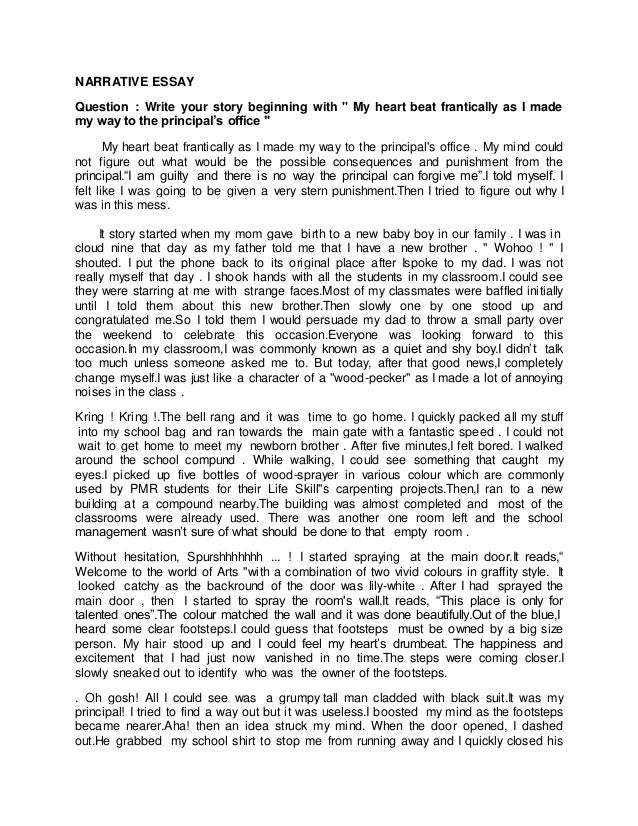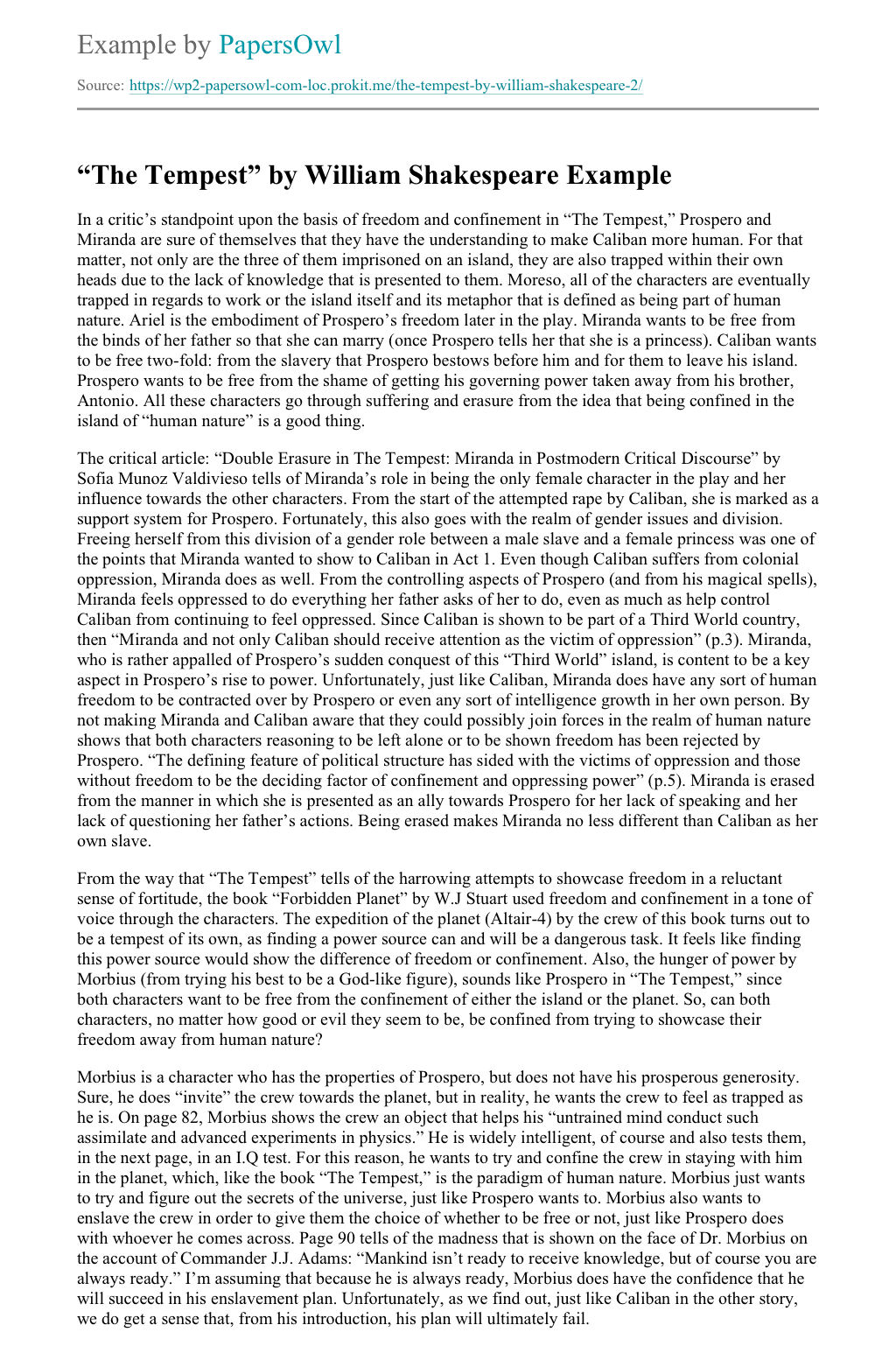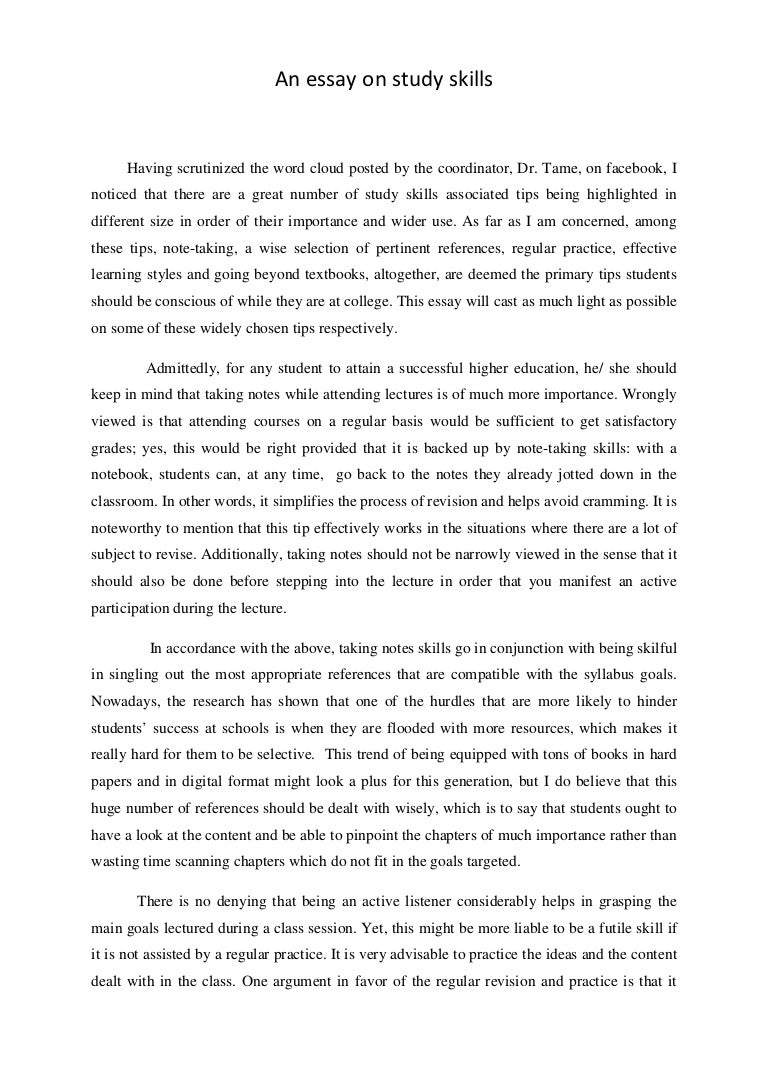
Use of Third Person Pronouns (He, She, They) in Academic Writing
· Differing points of view make life interesting. I am finding it hard to avoid using "our" and "we" in the essay. For example, in the following context: Humans have a wide range of interests and hobbies; we read different books, play different sports, engage in different conversations, and ultimately posses different convictions. andReviews: 1 · They are used in place of nouns. First-person pronouns (I, We) are rarely used in academic writing. They are primarily used in a reflective piece, such as a reflective essay or personal statement. You should avoid using second · We could do this by simply reading example essays one by one and looking for the pronouns 'we' and 'I', counting the number of each pronoun and seeing which occurred most often. Another, easier and more accurate, way is to use a computer to search through a large collection of essays

Use of Second Person Pronouns (You) in Academic Writing
· Differing points of view make life interesting. I am finding it hard to avoid using "our" and "we" in the essay. For example, in the following context: Humans have a wide range of interests and hobbies; we read different books, play different sports, engage in different conversations, and ultimately posses different convictions. andReviews: 1 Don’t use you in an essay. In spoken English, this is used for generalisation: ‘You would expect that ’ or ‘You don’t win by giving up’. The word you, however, tends to pull the reader into your argument and distracts from what you are saying. ‘You must not disrespect the gods.’ Me specifically? Who told you I disrespected them? Oh, wait Many times, high school students are told not to use first person (“I,” “we,” “my,” “us,” and so forth) in their essays. As a college student, you should realize that this is a rule that can and should be broken—at the right time, of course. By now, you’ve probably written a personal essay, memoir, or narrative that used first blogger.comted Reading Time: 4 mins

Words to use instead of personal pronouns like “You” and “I”
· They are used in place of nouns. First-person pronouns (I, We) are rarely used in academic writing. They are primarily used in a reflective piece, such as a reflective essay or personal statement. You should avoid using second · To do this, use any of the below words or phrases to help keep you on track. 1. Firstly, secondly, thirdly Even though it sounds obvious, your argument will be clearer if you deliver the ideas in the right order. These words can help you to offer clarity and structure to the way you expose your ideas · Ways of Avoiding Pronouns “I”, “You” and “We” in an Essay. You can replace the pronouns ‘I’, ‘You’, and ‘We’ by replacing them with acceptable wording, applying passive voice instead of pronouns, Using a third-person perspective, adopting an objective language, and including strong verbs and adjectives

Become an OU student
· They are used in place of nouns. First-person pronouns (I, We) are rarely used in academic writing. They are primarily used in a reflective piece, such as a reflective essay or personal statement. You should avoid using second · If you want a general guideline (if none is obviously imposed): If you describe experiments, derivations and similar of your own, use we. In the abstract or introduction of a review paper or something similar, you can use we. If you are doing neither, avoid using we except in the acknowledgements. Share Improve this answerReviews: 5 · Ways of Avoiding Pronouns “I”, “You” and “We” in an Essay. You can replace the pronouns ‘I’, ‘You’, and ‘We’ by replacing them with acceptable wording, applying passive voice instead of pronouns, Using a third-person perspective, adopting an objective language, and including strong verbs and adjectives

To “We” or Not to “We”–The First Person in Academic Writing
Don’t use you in an essay. In spoken English, this is used for generalisation: ‘You would expect that ’ or ‘You don’t win by giving up’. The word you, however, tends to pull the reader into your argument and distracts from what you are saying. ‘You must not disrespect the gods.’ Me specifically? Who told you I disrespected them? Oh, wait · If you want a general guideline (if none is obviously imposed): If you describe experiments, derivations and similar of your own, use we. In the abstract or introduction of a review paper or something similar, you can use we. If you are doing neither, avoid using we except in the acknowledgements. Share Improve this answerReviews: 5 To “We” or Not to “We”–The First Person in Academic Writing The problem: expressing your ideas in an academic setting Many of us have been taught not to use the first person, “I,” “my,” “we,” “our” and so forth (and for that matter, the second
No comments:
Post a Comment